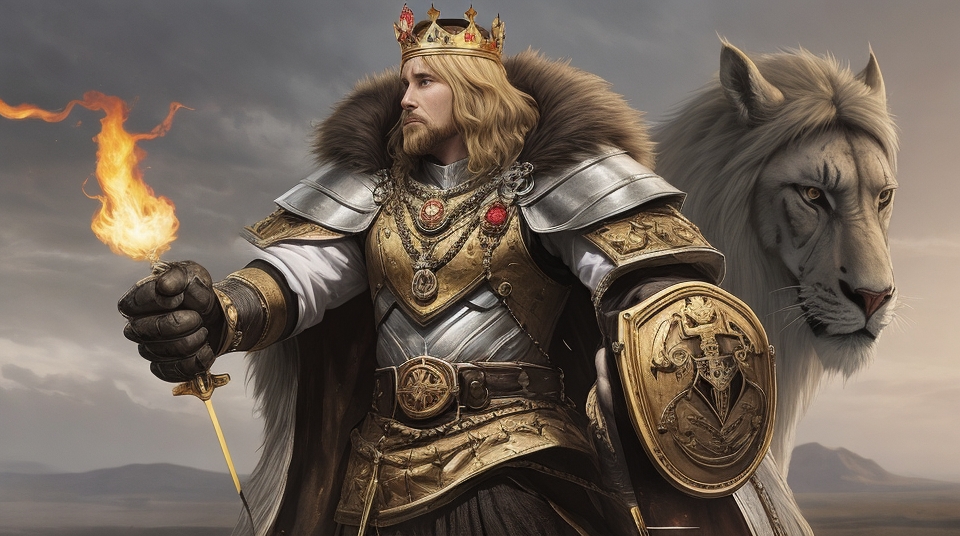Once, there was a king who was troubled by three questions: When is the best time to do things? Who are the most important people? What is the right thing to do? He consulted wise men, but their answers didn’t satisfy him.
The king decided to seek the answers from a hermit in a distant forest. As he journeyed, he met a man injured by robbers. The king stopped to help him, using his own shirt to dress the man’s wounds.
Later, the king met a merchant whose cart had overturned. The king helped him too, spending hours getting the cart back on the road.
Finally, the king came upon a woman crying by a riverbank because her baby had gone missing. The king helped search for the child until they found him safe.
Exhausted, the king reached the hermit’s hut and asked his questions. Before the hermit could reply, the king noticed a bearded man bleeding profusely. The king rushed to help, using his shirt to bandage the man’s wound.
The king returned to the hermit, who answered his questions: The most important time is now, the most important person is the one you are with, and the most important thing is to do good for that person.
The king realized the answers came from his actions along the way. He understood that helping others in need was the true path to wisdom and fulfillment.
- The most important time is now: Throughout his journey, the king is faced with urgent situations that demand immediate action. By prioritizing the needs of others in the present moment, he learns that effective leadership requires timely decisions and compassionate responses to those in need.
- The most important person is the one you are with: As the king interacts with the people he encounters, he realizes the value of personal relationships and human connection. Rather than seeking wisdom from distant or prestigious figures, he discovers that meaningful connections with ordinary individuals hold greater significance in shaping his understanding of leadership.
- The most important thing is to do good for that person: Through his acts of kindness and service to others, the king learns that true leadership is not about personal glory or power but about serving the well-being of others. By prioritizing the welfare of those he encounters, he embodies the qualities of a compassionate and empathetic leader.
In this way, the hermit’s answers serve as guiding principles for the king’s journey towards wisdom and enlightenment. They teach him that true leadership is rooted in the present moment, nurtured through genuine relationships, and demonstrated through selfless acts of kindness and compassion towards others.



